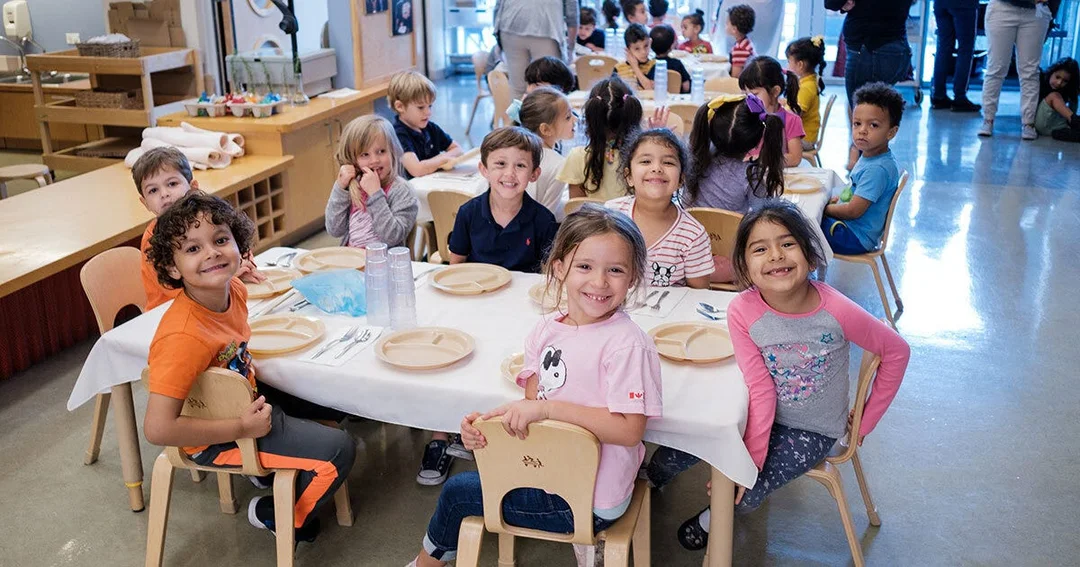
Children’s Week Florida Celebrates 30 Years Of Advocacy, Innovation, And Inclusion
This week in Tallahassee, Florida’s Capitol was bursting with color, hope, and stories as Children’s Week Florida™ marked its 30th anniversary—a milestone in the state’s ongoing commitment to putting children first. What began three decades ago as a modest gathering has grown into a powerful movement uniting thousands of educators, legislators, advocates, parents, and young people to ensure every child in the Sunshine State is seen, heard, and supported.

The celebration kicked off with the eye-catching "Celebration of the Hands"—an installation that filled the Capitol with over 37,000 vibrant handprints made by children across Florida. Each handprint tells a story, collectively forming a tapestry of hope that greeted lawmakers and visitors, reminding them that the state’s future rests with its youngest residents.
State Rep. Jennifer Canady, Chair of the Education Committee and a classroom teacher herself, emphasized the importance of keeping children's needs at the center of policy. “I think what you can be confident of is that your Florida Legislature is focused on doing the important work of making sure that kids have opportunity that is open to them and that the future is secure for them,” Canady told attendees.
Children’s Week’s agenda this year was packed with activities designed to inspire, educate, and advocate. An advocacy dinner saw champions of youth recognized: former State Sen. Loranne Ausley received the Chiles Advocate Award for a lifetime of leadership, while Jose L. Dotres, PhD, superintendent of Miami-Dade County Public Schools, was honored for his bold commitment to educational equity. A new generation was spotlighted as Miami teen Christopher Page received the Youth Advocate Award for his nonprofit literacy work.
This 30th anniversary brought a spirit of innovation and deeper inclusivity—most notably with the introduction of the Storybook Garden, an initiative inspired by advocate Amanda Moore’s call for a more accessible experience. The garden features sensory-friendly spaces, books in braille, ASL professionals, and group activities tailored for all abilities. It’s a visible commitment to the idea that no child should be left behind, making Children’s Week an example for advocates nationwide.
Central themes throughout the week were youth literacy, early learning, child welfare, and family support. The importance of reading and education was celebrated by local “celebrities” from FSU and FAMU reading to children, and the ribbon-cutting for the new Storybook Garden drew crowds. “We come to the Capitol to build bridges, make connections, and have stories heard,” noted Erin Smeltzer, President & CEO of Children’s Forum and Children’s Week organizer.

More than a celebration, Children’s Week was a call to action—reminding legislators and the public that every decision shapes the state's future. The vivid imagery of handprints in the rotunda and the diversity of voices underscored a core message: to create a Florida where every child is healthy, educated, and empowered to achieve their potential, it takes lasting collaboration, new ideas, and the courage to listen and act.
The conversations at this milestone were not merely ceremonial. As questions of education investment, tax relief for working families, childcare access, and even the future of the state bird animated the halls, the underlying message remained clear: children’s issues aren’t side notes—they are the foundation of the state's future.
This 30th Children’s Week leaves Floridians with an invitation: How will you put children first—in your community, in your advocacy, or in your own home? Readers are encouraged to share their perspectives and join the movement for a brighter, more inclusive Florida.